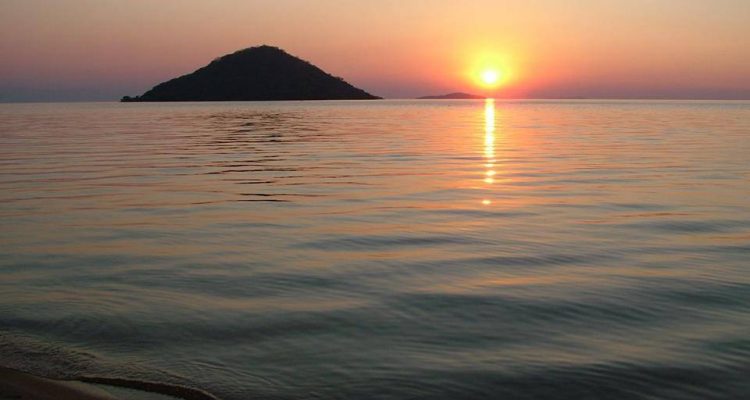
The longstanding boundary dispute between Malawi and Tanzania over the ownership of Lake Malawi (known as Lake Nyasa in Tanzania) continues to create tensions between the two nations.
At the centre of the disagreement are differing interpretations of historical treaties and international laws regarding the lake’s ownership.
The Basis of Malawi’s Claim
Malawi asserts sovereignty over the entire lake up to the Tanzanian shoreline. This claim is based on the Anglo-German Treaty of July 1, 1890, which Malawi argues establishes the boundary at the eastern shoreline.
According to this treaty, also known as the Heligoland-Zanzibar Treaty, the lake lies entirely within the territory of the former British Protectorate of Nyasaland, now modern-day Malawi. Malawi insists that the treaty explicitly deviated from the international norm of using the median line to delineate boundaries in shared water bodies.
Malawi further supports its claim by citing historical agreements with Portuguese colonial authorities. According to Malawi, the Portuguese ceded sovereignty over two islands on the Mozambican side of the lake to Nyasaland in exchange for sovereignty over the southeastern portion of the lake. This, Malawi argues, affirms its ownership of the lake in its entirety.
Tanzania’s Position
Tanzania disputes Malawi’s claim, arguing that international norms and practices favour delimiting shared water bodies along the median line. Tanzania maintains that the boundary between the two nations should logically run through the centre of Lake Malawi, as it does in the lake’s southern boundary between Malawi and Mozambique.
Tanzania contends that applying the median line principle aligns with modern international boundary practices and represents a fairer approach to managing shared water resources.
Regional Implications
The dispute has far-reaching implications for the region. Lake Malawi is not only a critical source of water, food, and livelihoods for millions but is also believed to hold substantial oil and gas reserves. The potential for these resources heightens the stakes, as both nations aim to control the lake and its economic benefits.
Efforts at Resolution
Over the years, the dispute has been the subject of various diplomatic discussions and mediation efforts, including interventions by the African Union and other international bodies. However, no resolution has been reached. Malawi continues to emphasize the validity of the 1890 treaty, while Tanzania advocates for a modern and equitable interpretation of boundary law.
The ongoing disagreement highlights the challenges of reconciling historical treaties with contemporary international norms. For now, Lake Malawi remains a contentious issue, reflecting broader questions about sovereignty, resource management, and regional cooperation.














